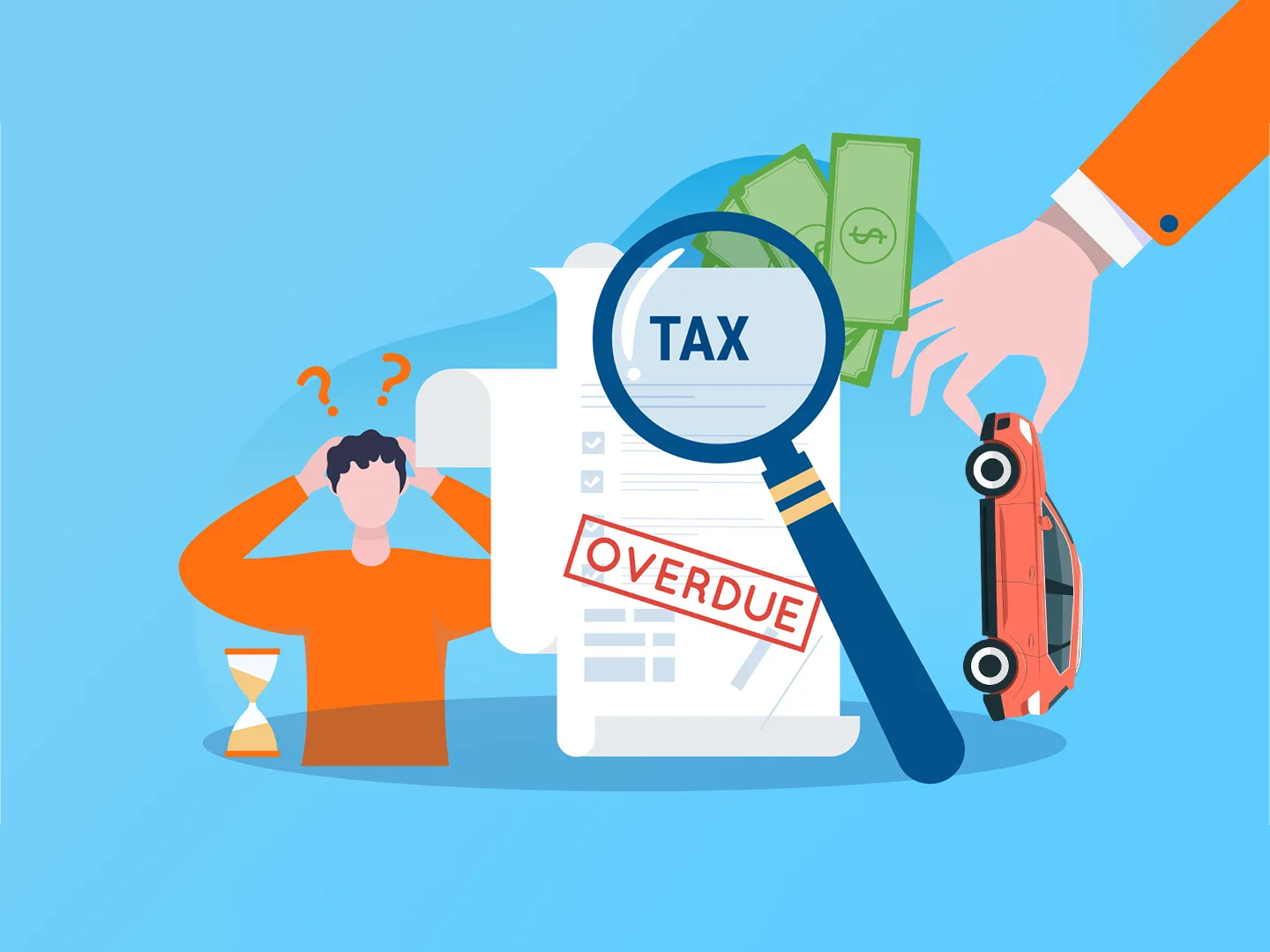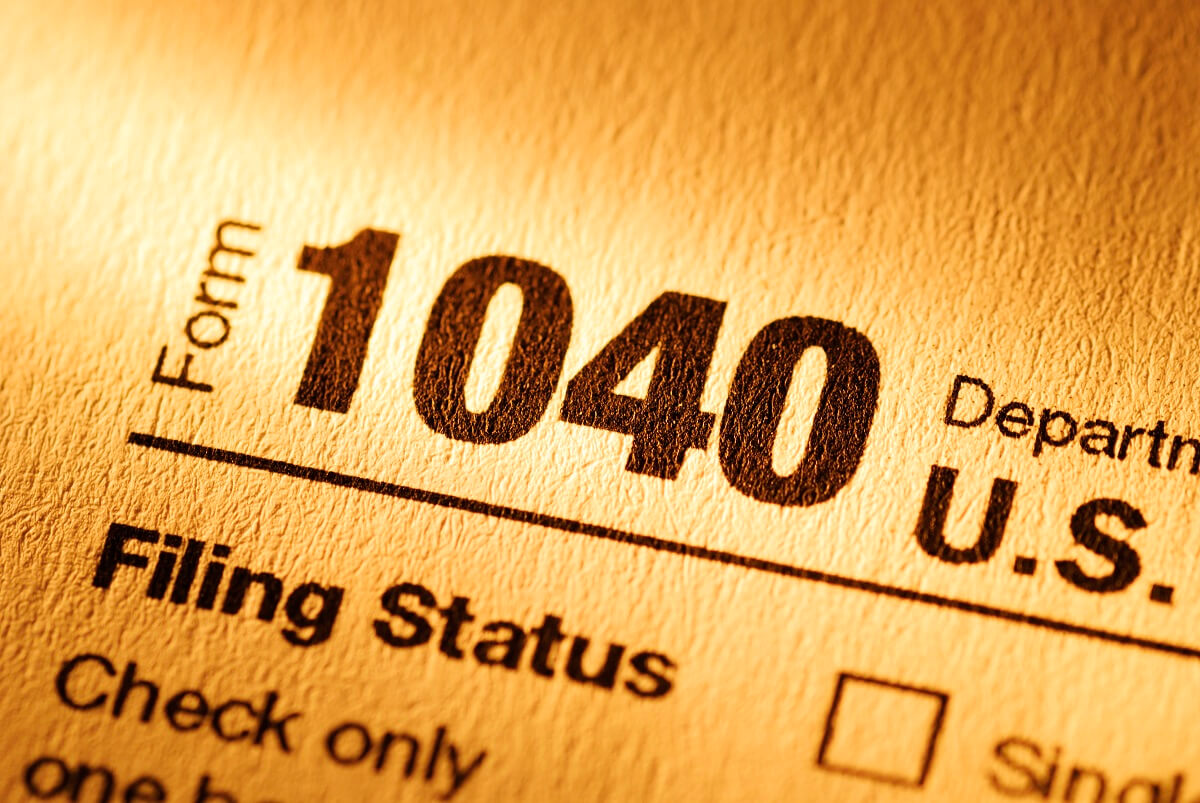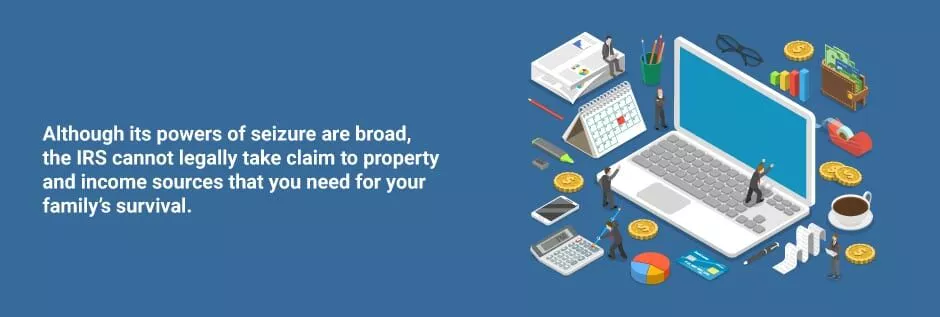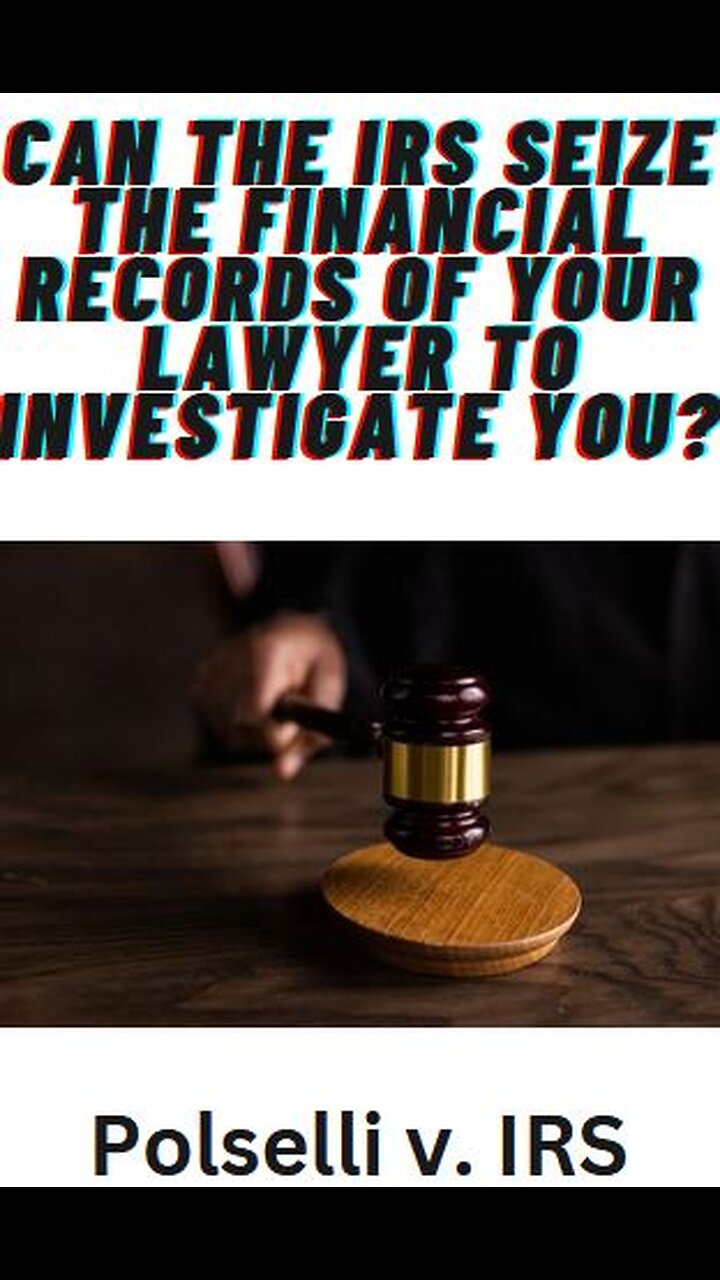Can The Irs Seize A Financed Car

Imagine the scenario: You're driving home, windows down, singing along to your favorite song. Suddenly, flashing lights appear in your rearview mirror. It's not a traffic stop; it's the IRS, and they're here for your car. A financed car, the one you're diligently making payments on. It sounds like a scene from a financial thriller, but could this actually happen?
The question, "Can the IRS seize a financed car?" is complex, but the short answer is yes, it's possible, but it's usually a last resort. The IRS can seize assets, including financed vehicles, to satisfy unpaid tax debts. However, the process involves numerous steps and safeguards to protect taxpayers' rights and the interests of the lender.
The IRS and Asset Seizure: A Closer Look
The Internal Revenue Service (IRS) has the power to levy (legally seize) property to collect unpaid taxes. This authority is granted under the Internal Revenue Code, which outlines the agency's collection procedures.
The IRS doesn't jump straight to seizure. They prefer to work with taxpayers to establish payment plans or other arrangements. Seizure only occurs after repeated attempts to collect the debt have failed.
Before Seizure: The IRS Collection Process
The IRS collection process is a series of escalating steps designed to encourage taxpayers to resolve their tax liabilities.
First, the IRS sends a notice of unpaid taxes, followed by a notice of intent to levy. This notice informs the taxpayer that the IRS intends to seize their property if the tax debt isn't resolved.
Taxpayers have the right to appeal the IRS's decision or request an installment agreement. This is a critical opportunity to prevent seizure.
If the taxpayer ignores these notices or fails to reach a resolution, the IRS may proceed with a levy. A levy is a legal seizure of property to satisfy the tax debt.
Financed Car and IRS Seizure: The Complications
When a car is financed, the lender (bank or credit union) holds a lien on the vehicle. This means the lender has a legal right to the car until the loan is paid off.
The IRS is aware of these liens and will generally prioritize the lender's claim. They cannot simply seize a financed car without considering the lender's interest.
The IRS might seize a financed car if the value of the vehicle exceeds the outstanding loan amount. In this case, the IRS would sell the car, pay off the lender, and apply the remaining proceeds to the tax debt.
However, this is a complex process involving careful valuation and notification to all parties involved. The IRS has to follow specific procedures to protect the lender’s right.
How the IRS Handles the Lender's Lien
The IRS typically contacts the lender to determine the outstanding loan balance and the terms of the loan agreement. This information is crucial for calculating the equity in the vehicle.
The IRS may offer the lender the opportunity to purchase the vehicle at fair market value or to participate in the sale of the vehicle. This ensures that the lender recovers their investment.
If the vehicle is sold, the lender receives the outstanding loan amount first, and the IRS receives the remaining proceeds. If the sale doesn’t cover the loan, it could be a tough situation for the lender.
Protecting Yourself from IRS Seizure
The best way to avoid IRS seizure is to proactively manage your tax obligations. Filing on time and paying your taxes in full is the simplest solution.
If you can't pay your taxes in full, contact the IRS immediately to explore payment options. An installment agreement or offer in compromise (OIC) can prevent seizure.
Keep detailed records of all financial transactions and tax-related documents. This will help you navigate any issues with the IRS.
If you receive a notice of intent to levy, seek professional assistance from a tax attorney or certified public accountant (CPA). They can represent you before the IRS and negotiate on your behalf.
Cases Where Seizure is More Likely
Certain situations increase the likelihood of asset seizure. For example, if you have a history of tax evasion or repeatedly fail to comply with IRS requests, the agency may be more aggressive in its collection efforts.
Owning a high-value vehicle with substantial equity also increases the risk of seizure. The IRS is more likely to pursue assets that can generate significant revenue to satisfy the tax debt.
Ignoring IRS notices is a surefire way to escalate the situation and increase the likelihood of seizure. Respond promptly and professionally to all IRS communications.
Real-World Examples and Court Cases
While specific case details are protected by taxpayer privacy laws, there are documented instances of the IRS seizing financed vehicles. These cases often involve complex financial situations and repeated failures to comply with IRS regulations.
Court cases involving IRS seizures frequently revolve around the fairness of the seizure process and the protection of the lender's rights. Courts typically uphold the IRS's authority to seize assets, but they also emphasize the importance of due process and fair treatment.
The Taxpayer Advocate Service (TAS), an independent organization within the IRS, advocates for taxpayers' rights and helps resolve disputes with the agency. They offer valuable resources and assistance to taxpayers facing IRS collection actions.
Conclusion: Navigating the Complexities of IRS Seizure
The possibility of the IRS seizing a financed car is a sobering reminder of the importance of responsible tax management. While the IRS prefers to work with taxpayers to resolve their tax debts, seizure remains a tool they can use as a last resort.
Understanding your rights and responsibilities as a taxpayer is crucial. Proactive communication with the IRS, seeking professional advice when needed, and maintaining accurate records can help you avoid the stress and disruption of asset seizure.
The key takeaway is that while the IRS can seize a financed car, it's a complex process involving numerous steps and safeguards. By taking proactive steps to manage your tax obligations and understanding your rights, you can significantly reduce the risk of seizure and ensure a more secure financial future. Remember, engaging with the IRS is always better than ignoring them.


















